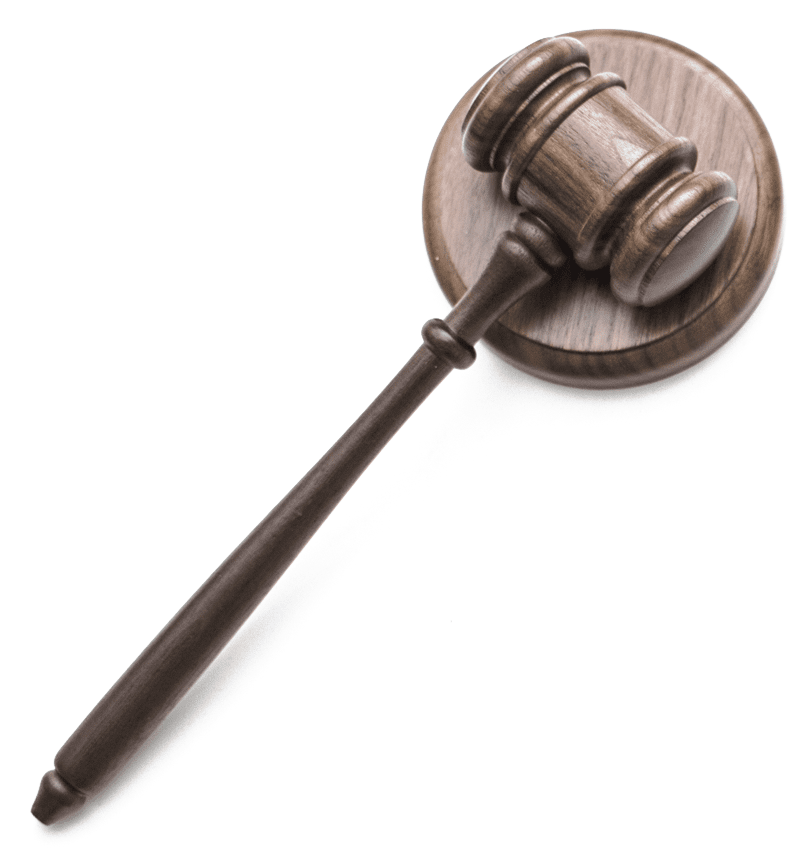Speeding refers to driving a vehicle at a speed that exceeds the posted speed limit or the legal speed limit for a particular road or area. Speed limits are set by state and local governments to help ensure the safety of drivers, passengers, and pedestrians. Speeding can increase the risk of accidents, particularly those involving injuries or fatalities.
The penalties for speeding vary depending on the state and the circumstances of the offense. Typically, fines are the most common penalty for speeding. In some cases, a driver may also have to attend traffic school or have points added to their driver’s license, which can lead to higher insurance rates and potentially even license suspension or revocation. Repeat offenders may face harsher penalties such as increased fines, community service, or imprisonment.
Legal Penalties for Speeding
The legal penalties for speeding vary depending on the state and the circumstances of the offense. Typically, fines are the most common penalty for speeding. In some states, the fines increase for higher speeds and for repeat offenders.
In addition to fines, some states may also impose penalties such as:
Points added to the driver’s license: Points can lead to higher insurance rates and potentially even license suspension or revocation if a certain number of points are accumulated within a certain time frame.
Attendance at traffic school: Some states may require a driver to attend traffic school as a condition of having a speeding ticket dismissed or reduced.
Community service: Some states may require a driver to perform community service as a penalty for speeding.
License suspension or revocation: Repeat offenders or those who speed excessively may face license suspension or revocation.
It’s important to note that some states have laws that allow for harsher penalties for excessive speeding or for speeding in certain areas such as construction zones, school zones, or residential areas. Penalties may also be more severe if a person is caught speeding while under the influence of drugs or alcohol.
